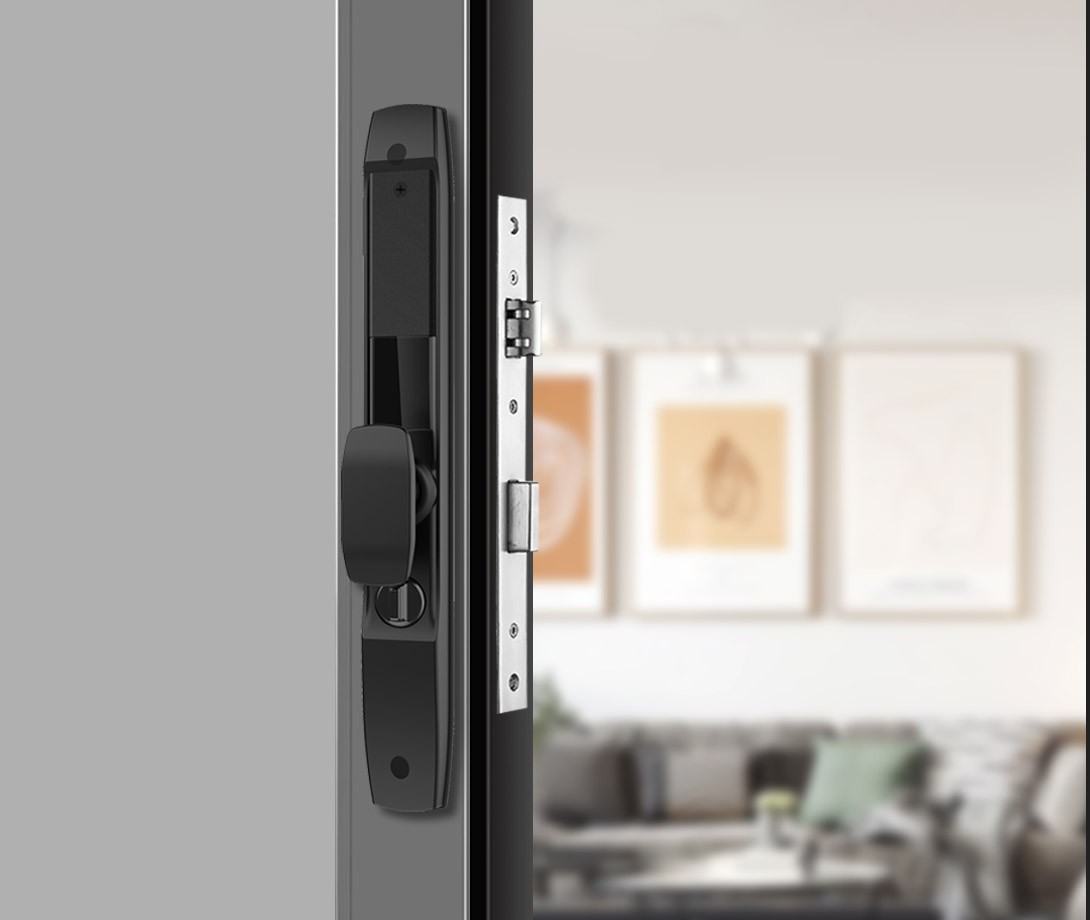What Technology Do Hotel Key Cards Use?
If you’ve stayed at a hotel in the past few decades, you’ve likely used a key card to access your room. These small, plastic cards have replaced traditional metal keys in most hotels, offering convenience and enhanced security. But how do hotel key cards actually work?
In this guide, we’ll break down the different types of hotel key card technologies, how they function, their security risks, and what the future holds for hotel room access.
Types of Hotel Key Card Technologies
Hotel key cards primarily use three main technologies:
- Magnetic Stripe Cards (Magstripe)
- RFID Cards (Radio-Frequency Identification)
- NFC Cards (Near Field Communication)
Each type has its own strengths and weaknesses. Let’s explore them in detail.
1. Magnetic Stripe Key Cards (Magstripe)
How They Work:
- These cards have a black magnetic stripe on the back (similar to old credit cards).
- When swiped through a card reader, the stripe’s encoded data is read by the hotel’s locking system.
- The lock checks the data against the hotel’s database to grant or deny access.
Pros:
Low cost – Cheap to produce.
Widely compatible – Used in hotels for decades.
Cons:
Easily demagnetized – Can stop working if near phones, magnets, or other electronics.
Less secure – Data can be copied with a simple skimming device.
Wear and tear – Swiping damages the stripe over time.
Still Used?
- Many budget hotels still use them, but they’re being phased out for more secure options.
2. RFID Key Cards (Radio-Frequency Identification)
How They Work:
- These cards contain a tiny chip and antenna that communicate wirelessly with the door lock.
- Instead of swiping, you tap or hold the card near the reader.
- The lock verifies the encrypted signal before unlocking.
Pros:
More durable – No swiping means less wear and tear.
Faster access – Just tap and go.
Better security – Harder to clone than magstripe cards.
Cons:
Can still be hacked – Sophisticated RFID scanners can intercept signals.
More expensive – Costs more than magstripe cards.
Common in:
- Most mid-range to high-end hotels (Hilton, Marriott, Hyatt).
3. NFC Key Cards (Near Field Communication)
How They Work:
- A more advanced version of RFID.
- Uses smartphone-compatible technology (like Apple Pay).
- Some hotels now let guests use their phone as a key via an app.
Pros:
Highest security – Uses dynamic encryption (changes with each use).
Phone integration – No need for a physical card.
Contactless – More hygienic (no touching shared surfaces).
Cons:
Not all hotels support it yet – Still rolling out.
Requires smartphone setup – Some travelers prefer physical cards.
Used by:
- Starwood/Marriott (Bonvoy app)
- Hilton Honors Digital Key
- Hyatt Mobile Key
How Secure Are Hotel Key Cards?
Can Hotel Keys Be Hacked?
- Magnetic stripe cards – Easiest to clone (skimmers can copy data in seconds).
- RFID cards – More secure, but still vulnerable to advanced attacks.
- NFC/mobile keys – Most secure due to encryption.
Can Someone Access My Room After Checkout?
- Modern systems automatically deactivate keys after checkout.
- Older systems may require manual key resets (riskier).
Do Hotels Reuse Key Cards?
- Yes, but data is wiped before reuse.
- Some luxury hotels use disposable RFID cards for added security.
The Future of Hotel Key Cards
1. Mobile Phone Keys (The Biggest Trend)
- Many chains now allow guests to bypass the front desk and go straight to their room.
- Apps like Marriott Bonvoy, Hilton Honors, and Hyatt Mobile Key store digital keys.
Benefits:
No lost cards – Everything’s on your phone.
Faster check-in – Skip the front desk.
Eco-friendly – Reduces plastic waste.
2. Biometric Access (Fingerprint/Facial Recognition)
- Some high-end hotels (like Aloft in NYC) test facial recognition check-in.
- Cruise ships (Royal Caribbean) use wearable RFID wristbands for room access.
3. Voice-Activated Room Entry
- Experimental systems may allow voice commands.
What Should American Travelers Know?
1. Can You Keep Hotel Key Cards as Souvenirs?
- Yes, but…
- The card’s data is usually wiped after checkout.
- Some hotels recycle them, so ask before taking.
2. Do Key Cards Store Personal Information?
- No – They only contain a room number and access code, not your name or credit card.
3. What If Your Key Card Stops Working?
- Common causes:
- Demagnetization (if magstripe).
- Dead battery (if RFID lock).
- System glitch.
- Solution: Just visit the front desk for a replacement.
4. Are Key Cards Being Phased Out?
- Yes, slowly – Mobile keys are the future, but plastic cards will remain for years.
Final Verdict: Which Key Card Tech Is Best?
| Technology | Security | Convenience | Common in |
|---|---|---|---|
| Magnetic Stripe | Low | Medium | Budget hotels |
| RFID | Medium | High | Most hotels |
| NFC/Mobile Key | High | Highest | Luxury hotels |
For Travelers:
- If given a choice, opt for mobile keys (most secure and convenient).
- RFID is reliable and widely available.
- Magstripe is outdated – Handle carefully to avoid demagnetization.
Hotels are rapidly adopting contactless tech, so expect more phone-based keys in the coming years.
What’s your preference—plastic key card or mobile phone key? Share your thoughts in the comments!
Post time: May-05-2025


